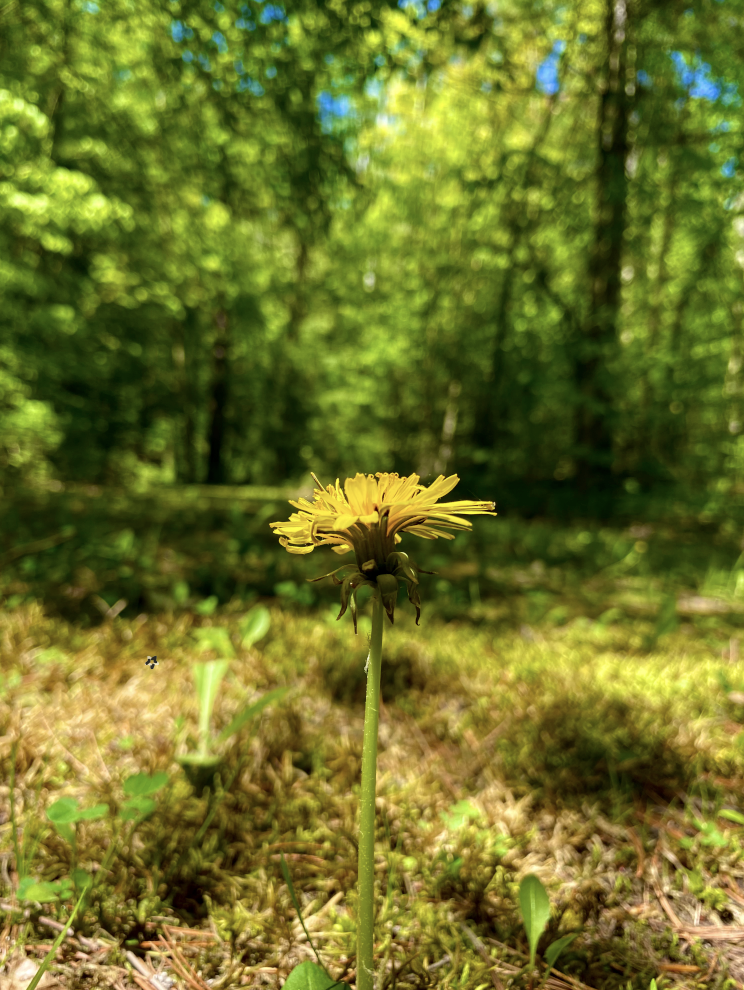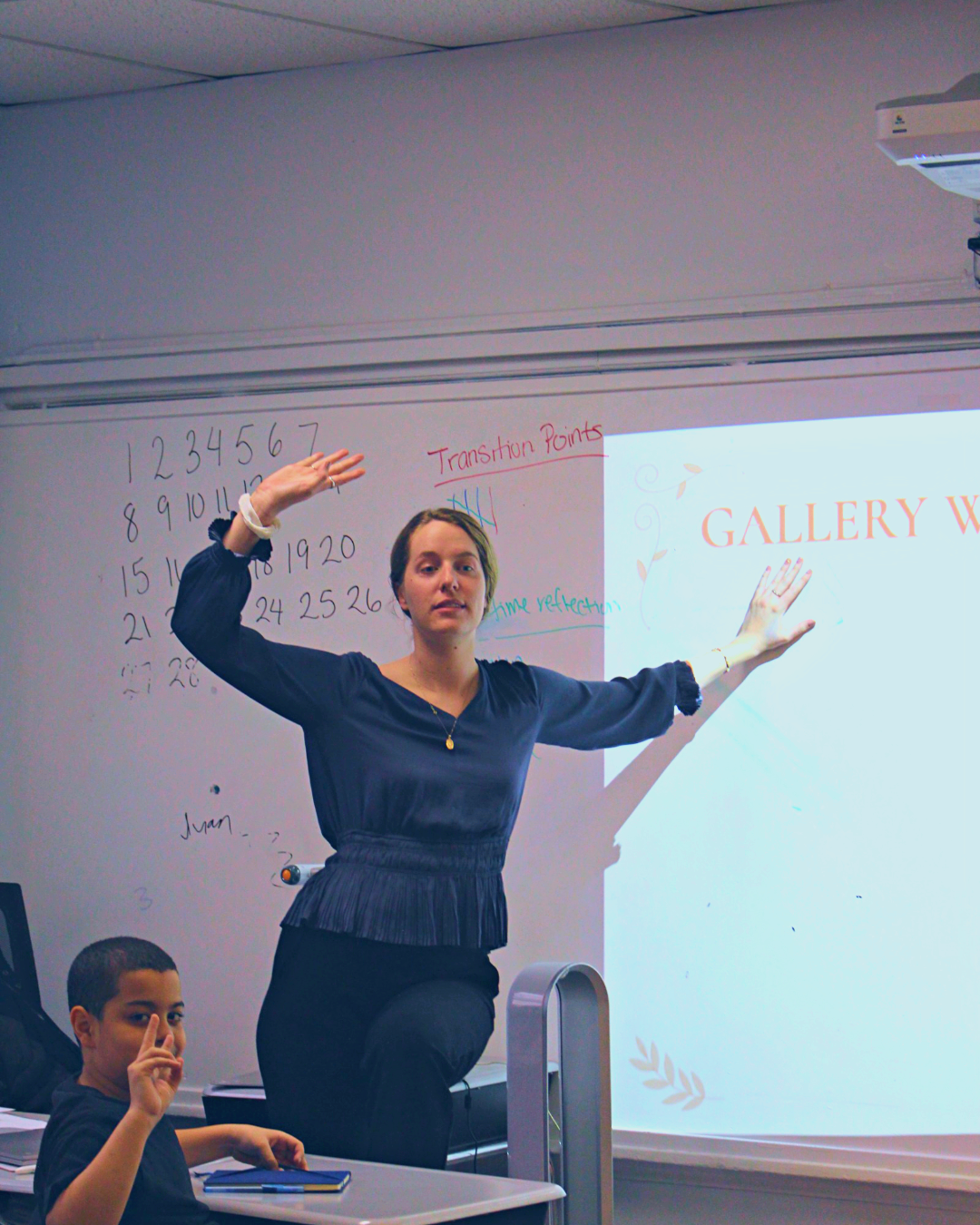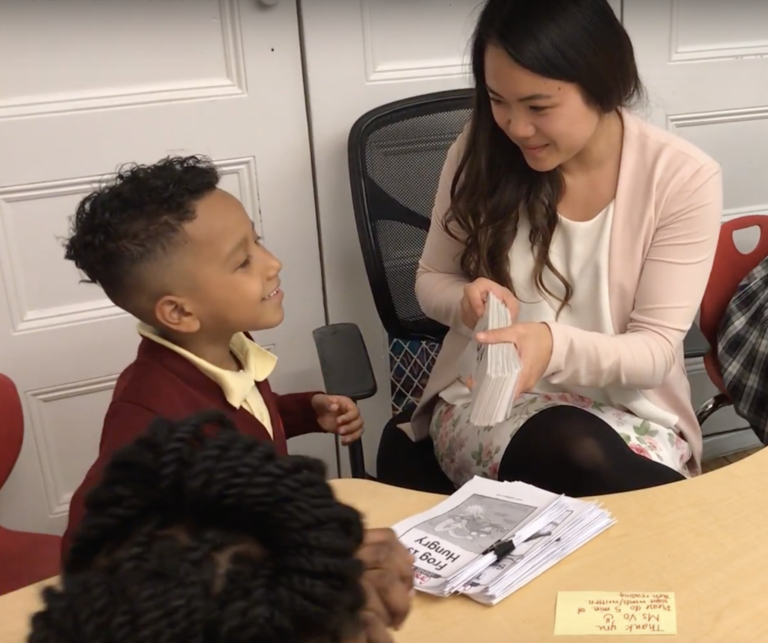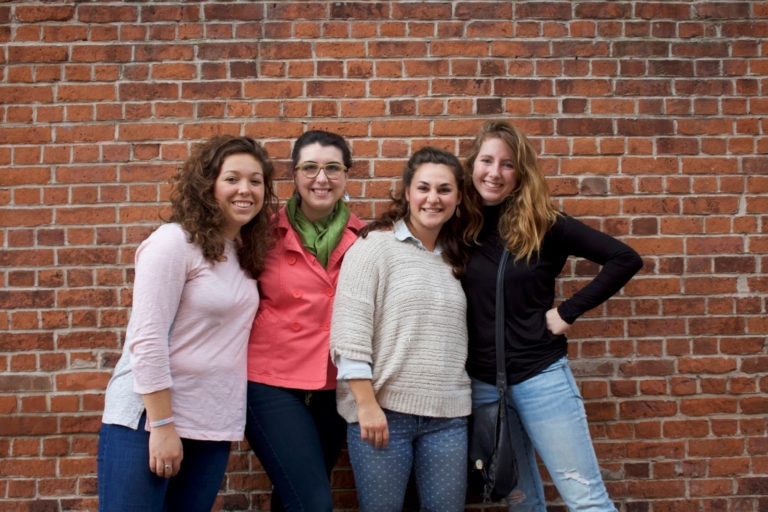Despite what you may think, a first year teacher knows a great deal about freedom. A lot of people see it as a confining or limiting occupation, but there truly is a great deal of freedom there—it just might not be the kind of freedom you expected.
Coming into my year as a Seton Teaching Fellow, I was fresh off of the summer highs of college graduation and the limitless possibilities of postgraduate life. I had the collegiate exhortation to “take on the world” (whatever that means) and I was ready to do so. I could feel the freshness of this world augmented by agency and adulthood. I felt like I had a little more gravity in this life. It was like being in a foreign country and finally being able to pick up the language—new doors had been opened everywhere. I had so much to learn, so much to experience, and I couldn’t wait.
I know that feels like freedom to most people, but it’s not. The Christian message teaches us that that freedom is the ability to do as we ought, not just what we want. As Saint Paul says: “For freedom Christ has set us free. Stand firm, therefore, and do not submit again to a yoke of slavery” (Gal 5:1). I came in from the thrilling freedom of postgraduate life expecting to teach. I mean, as a teacher, you expect to be the one educating, right? Aren’t you the one giving, not receiving?
Wrong
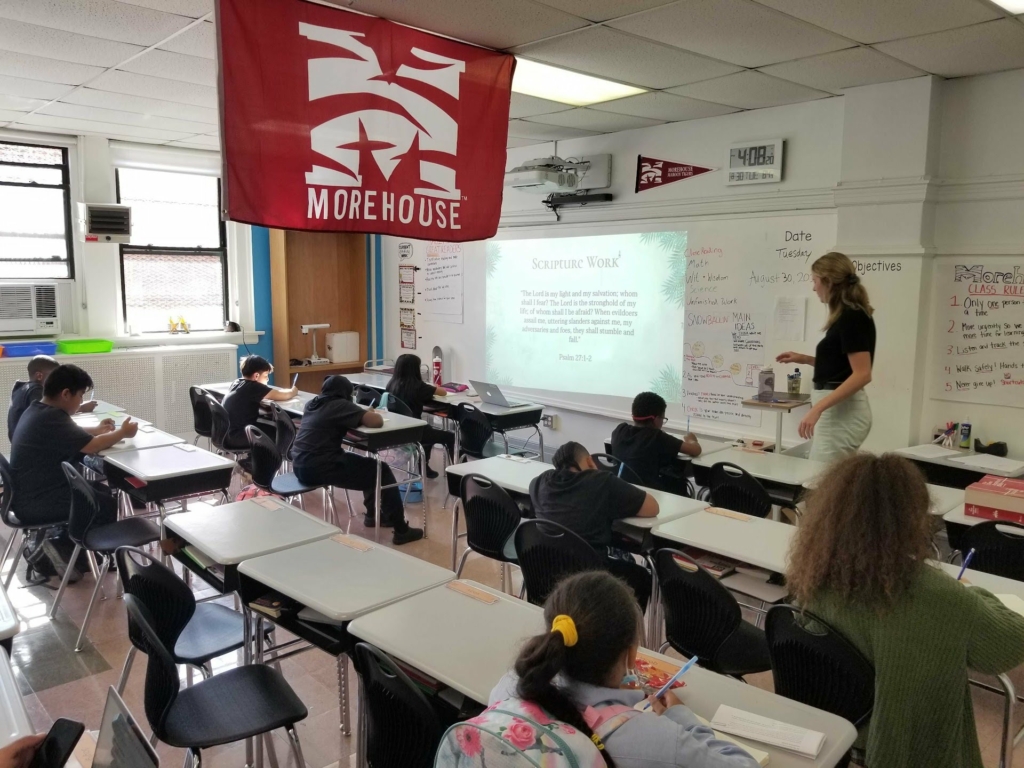
I quickly realized that within my newfound freedom, the true gift I received as a teacher was the freedom to learn from my mistakes, my community, and my students. The grace that acted upon those experiences was the freedom to grow in virtue and in deeper faith.
So what did I learn as a teacher? Well, let me see if I can narrow it down for you:
- Self-sufficiency is a lie. It’s part of the American identity, sure, but a lie nonetheless. This seemingly well-intentioned characteristic is a weed in the spiritual garden. The notion of self-sufficiency does not live alongside healthy relationships—especially one with a God who desires to provide everything for you (if you’d only let Him).
- Laugh at yourself. You may want to believe that it’s okay for the rest of the world to mess up, but that you can’t afford to make those mistakes. Nothing teaches patience like the shame of losing your temper in a classroom. This shame, while initially discouraging, has allowed me to take an honest look at the source of my anger. I realized I was holding myself to a ridiculously high standard for a first year teacher. That’s okay! God never wanted perfection. He just wants to work through me. Don’t take yourself too seriously.
- First rest, then be, finally do. Don’t rush life. Don’t forget that doing nothing could be exactly what you need to do. Don’t equate who you are with what you produce. Let those things come from love, not a need for identity. Be creative with your view on life: make art, enjoy art, see life as art. Most importantly, see people as the wonders they are. There is always more to life if you slow down and pay attention.
- Ask for help. Honestly, this is a big lesson to learn, and it’s something that I wish I was better at. If you buy the lie that you’re alone, then you’ll quickly feel the weight and anxiety of the world fall upon you. Don’t even go there! Look around. Call a friend. Make a step to open up to that co-worker. Ask your manager for support. Even if you think someone can’t relate to you, the need is human—open up and share. Your communication can be a bridge or a wall, I suggest the former.
- Celebrate the Good that Is. I guess this is just the virtue of gratitude, but as a teacher it becomes so much more: it is a way of life. When I first started teaching, it was so easy to just see the one student who wasn’t paying attention in class, or who was struggling with the content, or who was a distraction, and then simply fixate on making corrections. I lost sight of what was—amazing students and wonderful people—because I fixated on what wasn’t.
- You can always choose how you respond. A lot of things in life are outside of our control. Sometimes our response is the only thing we have the freedom to control. Make it count every time.
- Feed your soul. It overflows into your life in more ways than you will ever realize. Prioritize the spiritual life and everything else will fall into place.
- Cry. It’s simple. No shame. If you are getting numb, get back in touch and cry at the root of your pain. Cry with the one who loves you just the same. Cry at the foot of the Eucharist. Nothing heals like being held while you cry.
This is obviously not an exhaustive list of life’s wisdom and a teacher can learn so much more in a year. Honestly, there’s a lot more that I could say about my year, but these were the hard-earned lessons that helped set me free from the lies of the world. These were some of the best fruits from my year. If you end up teaching, I pray you learn some of these as well—it’s worth the struggle.
May God bless you and lead you closer to freedom through His Sacred Heart.
–Anna Stevenson, Cohort 9 Seton Teaching Fellow
